|
A. Igoni Barrett, Blackass, Graywolf Press, 2016. Sometimes, you speak of novels blurring the genres, when scifi or fantasy is in the background. Blackass definitely blurs them, very much so. The fantasy element is mainly the starting point to the story and doesn't come back much. But as the novel has been shortlisted for a Nommo Award, it felt only right that, having liked it, I'd review it too. Furo is a thirty something Nigerian man who lives in Lagos at his parents'. When he wakes up one morning to head to a job interview, he realises he has become a white man. From then on, his life will dramatically change. When Blackass begins, you pretty much expect a satire. And a satire it is in the beginning. The feeling of otherness, the stares Furo draws, will most certainly remind people what it is to look "other" in any country. But the satire is also directly pointed at Nigerian society, where white men have everything falling into their lap, simply by virtue of being white. But this is also where the novel diverts from being a simple satire to being also an interesting character study. Furo remains himself: a not very qualified, not very ambitious and pretty much egotistical young man. But his new skin colour gives him, as the novel progresses, a sense of entitlement. Without being preachy, the novel dives behind the appearances that fool most of us to show us who the man is, whichever his skin colour. To this, Barrett adds a meta twist to it. Because as Furo gets into a café, he meets a writer there, one Igoni, who soon finds himself intrigued by him. And as the satire diverted into a character study, so the meta twist, diverted, though actually joining the theme about appearances and how much importance we attach to skin colour or gender. Sadly, that last aspect is much less developed, but I suppose that considering Nigerian culture or laws, what the novel tries is already pretty daring. As the novel opens with a sentence from Kafka's Metamorphosis, you expect Furo to turn into another Samsa, with a fate very much the same. But Blackass is much more cynical than that. Or is it? Actually, it is one of my rare regrets with this novel: the ending feels a bit rushed, both because I felt that Barrett didn't fully exploited his Igoni character and because the ending remains opened. Blackass is a story of identity, of self discovery (even if who you find yourself to be at the end is an arse) and also a good satire. It has many funny moments and the style is confident, even when the story veers into meta. It won't be a story for anyone looking for an unabashed fantasy story, but it'll certainly please anyone who likes The Metamorphosis, who likes If by a winter night a traveller... or who likes The Interpreters. It was for me a very interesting read, one of those stories very much set in a time and place but that manages to be universal. Blackass has been shortlisted for the 2017 Nommo Awards. If you've liked Blackass, you may also like
0 Comments
Your comment will be posted after it is approved.
Leave a Reply. |
All reviews are spoiler free unless explicitly stated otherwise.
I only review stories I have liked even if my opinion may be nuanced. It doesn't apply for the "Novels published before 1978" series of blog posts. Comments are closed, having neither time nor the inclination to moderate them. |
WHAT IS THE MIDDLE SHELF?
The middle shelf is a science-fiction and fantasy books reviewS blog, bringing you diverse and great stories .
PLEASE SUPPORT AUTHORS.
IF YOU LIKE IT, BUY IT. |
ON THE MIDDLE SHELF
|
KEEP IN TOUCH WITH THE MIDDLE SHELF
|
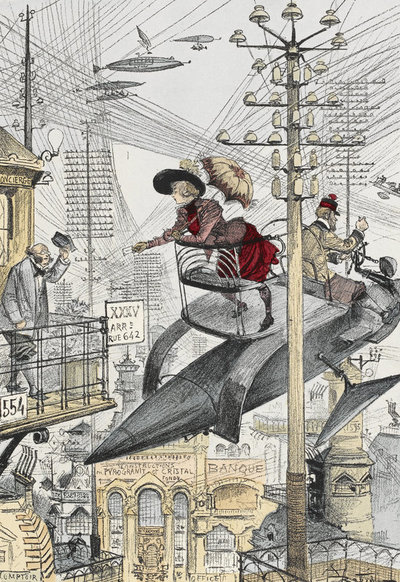
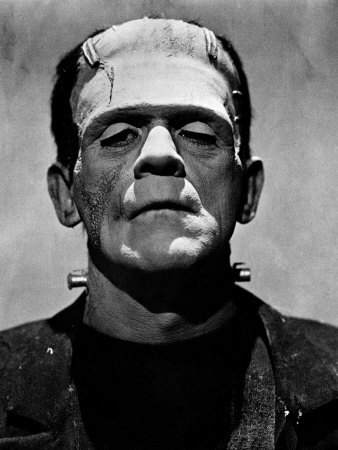
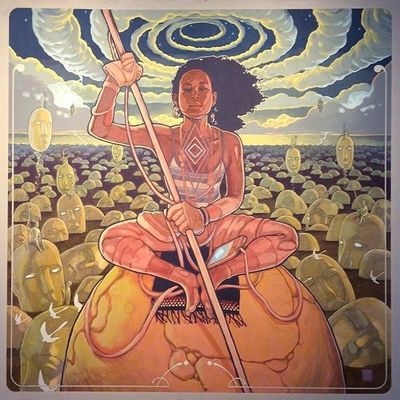
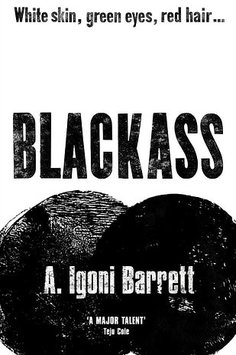
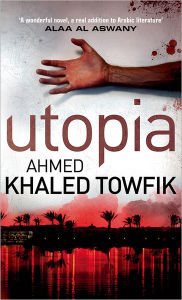
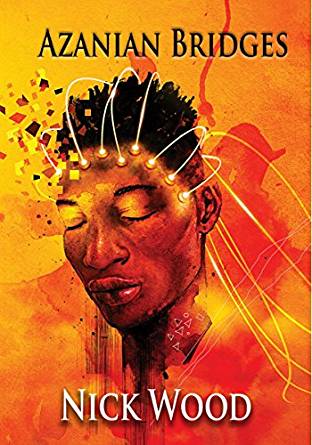
 RSS Feed
RSS Feed
